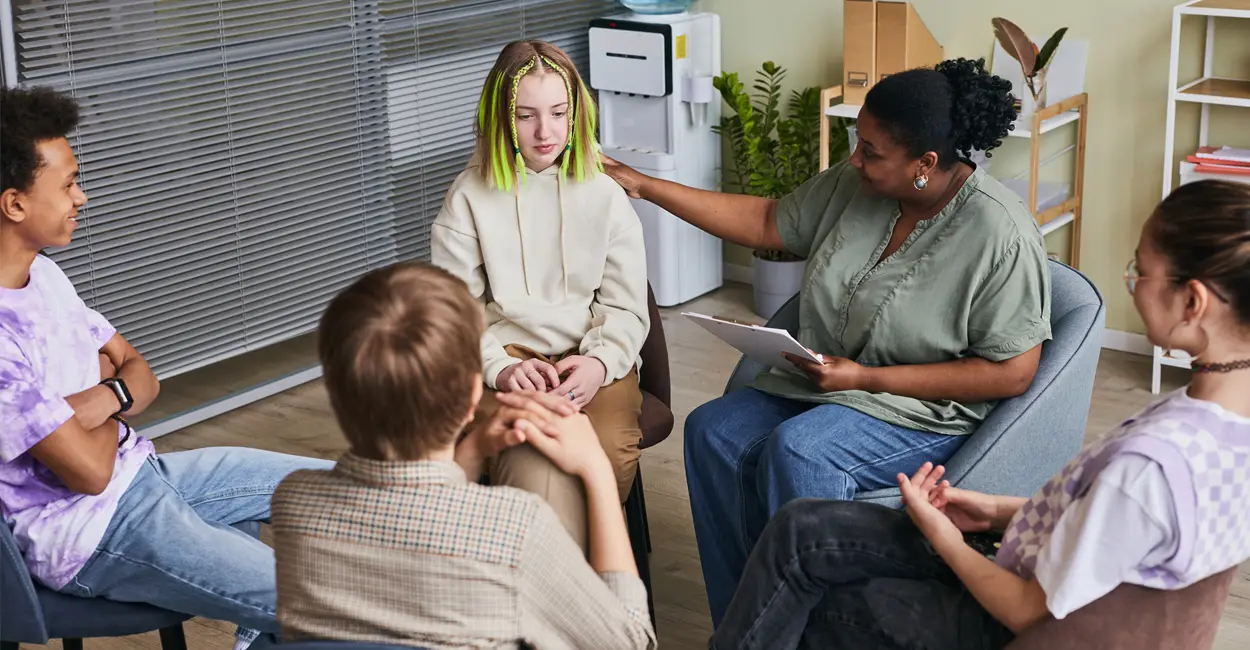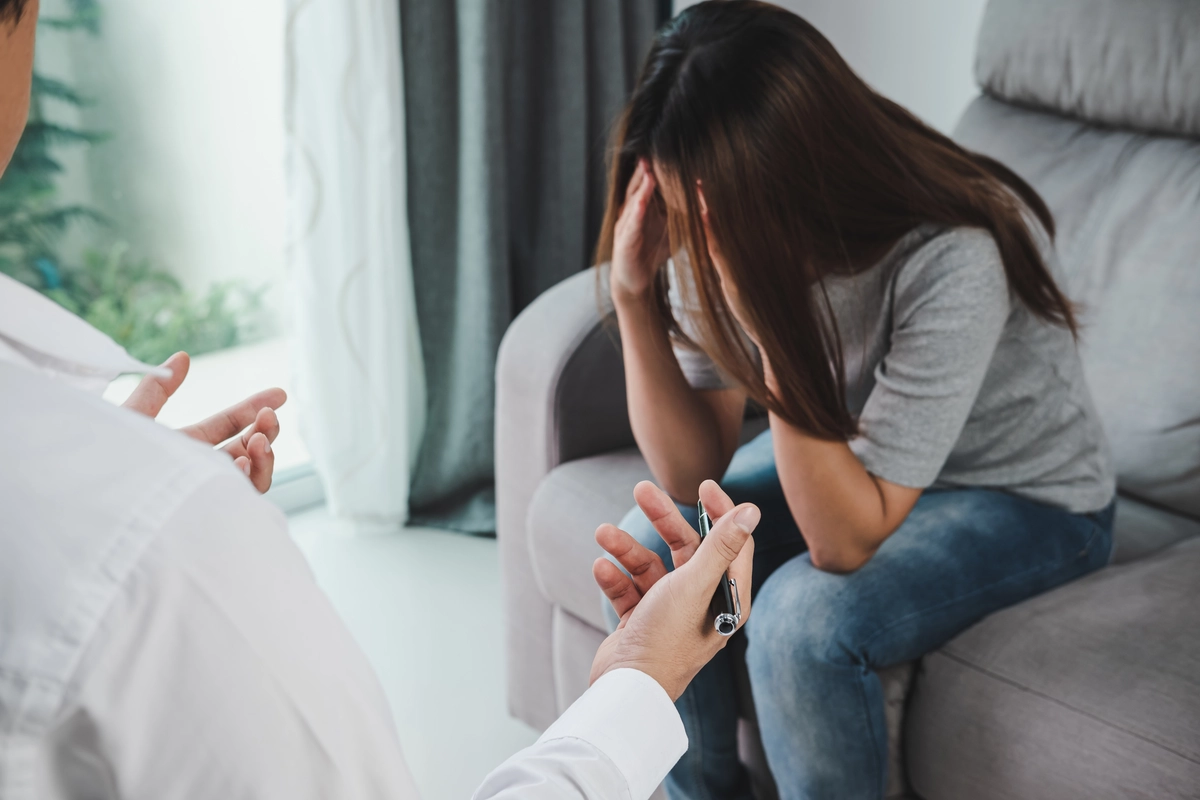24/7 Helpline:
(866) 899-221924/7 Helpline:
(866) 899-2219
Learn more about Substance Abuse Treatment centers in Union County

Other Insurance Options

Choice Care Network

WellPoint

Lucent

Amerigroup

American Behavioral

Ceridian

Humana

Ambetter

Highmark

ComPsych

Magellan Health

Health Choice

Magellan

Covered California

UnitedHealth Group

BlueCross

State Farm

Multiplan

GEHA

Horizon Healthcare Service

Oxford Treatment Center
Oxford Treatment Center, in Etta, Mississippi, is a luxury, 12 step focused drug and alcohol rehab f...










































